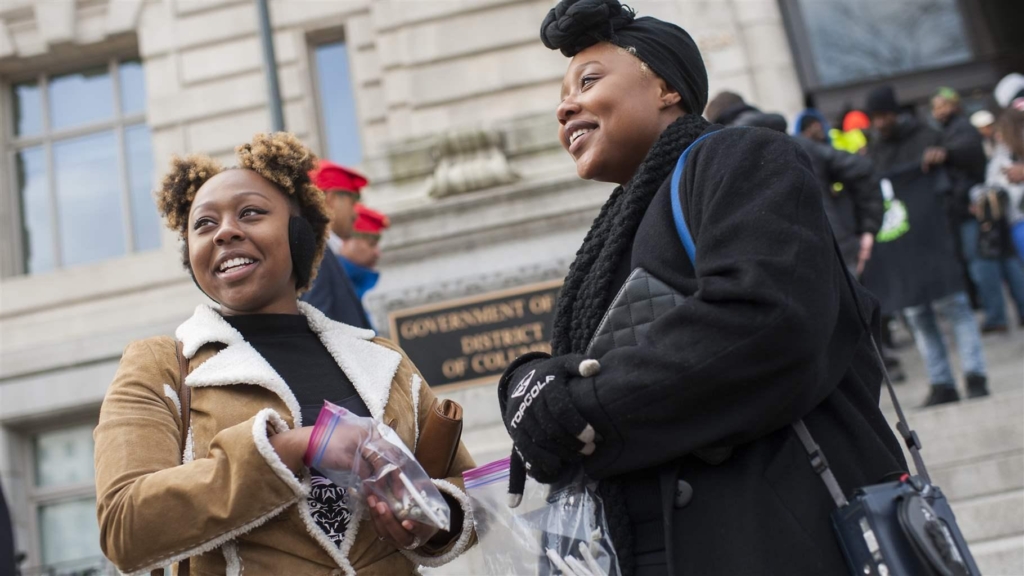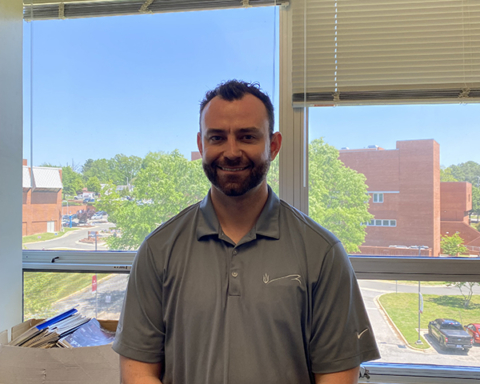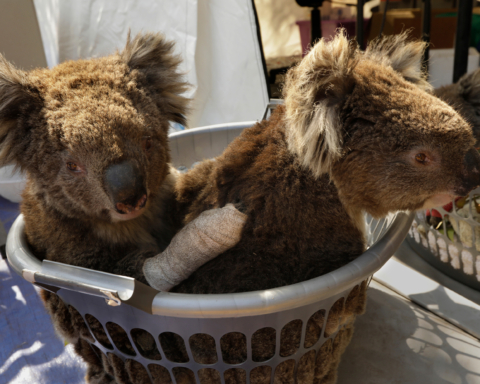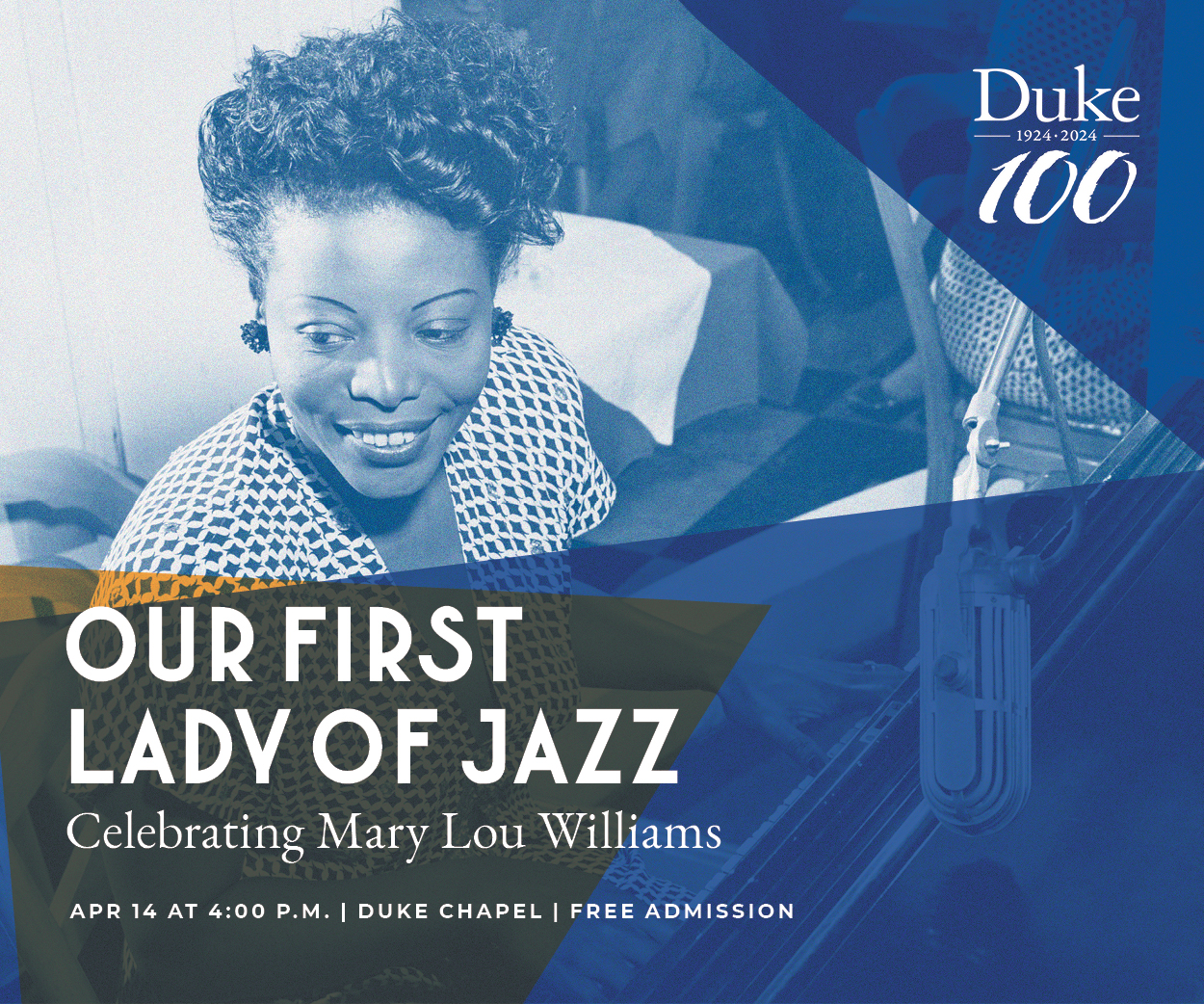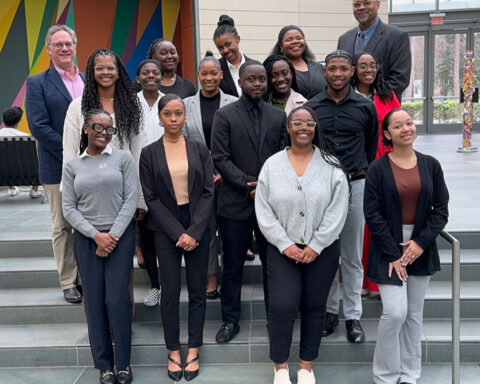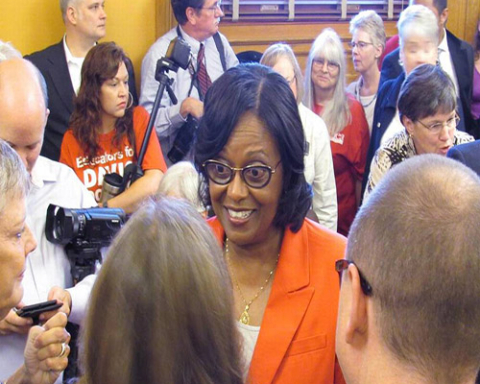Natalie Jones Bonner, a 58-year-old entrepreneur in Biloxi, Mississippi, who has used cannabis to reduce inflammation in her knees and wrists, wanted her fellow Mississippians to experience the drug’s medical and economic benefits. So she volunteered to collect signatures for a ballot initiative to legalize its medical use.
But the Navy veteran, who is black, was disheartened to discover that the campaign included few African-Americans. Mississippi is 38 percent black — the highest percentage in the nation — but four white people were leading the campaign. And people of color made up less than a third of the 70 people on the steering committee.
Minorities have been largely absent from the push for medical cannabis across the South. Following the lead of Arkansas and Florida, white male conservative lawmakers are spearheading legalization drives in Georgia, Kentucky, South Carolina and Tennessee.
Black legalization advocates such as Jones Bonner fear the lack of minority involvement could have far-reaching consequences.
“We have to work together,” Jones Bonner said. “I would love to see a browning of the [ballot] initiative.”
Medical cannabis laws typically lay out the conditions for which the drug may be prescribed. But the laws in Arkansas and Florida — the only Southern states that have legalized medical cannabis — don’t cover sickle cell disease, which causes acute pain and disproportionately affects African-Americans. The bills advancing in Tennessee and Kentucky also exclude that condition.
Three states that have legalized medical but not recreational cannabis — Connecticut, Ohio and Pennsylvania — allow sickle cell disease patients to use it.
In other regions of the United States, state lawmakers and advocates pushing to legalize cannabis are starting to focus on racial equity and discrimination in the criminal justice system.
In blue states such as California and Massachusetts, lawmakers view legalization as an opportunity to reinvest in minority communities disproportionately harmed by decades of the set of policies known as the war on drugs.
Not so in the South, where efforts to lessen punishments for cannabis possession — current or past — haven’t gained much traction in Republican-dominated statehouses.
Black legalization advocates also fear that even if medical cannabis becomes legal, white politicians won’t regulate licensing and permitting in a way that ensures equitable opportunities for people of color.
“Without that, it’ll be more of the same,” said Dr. Felecia Dawson, a board-certified physician who closed her Georgia-based OB-GYN practice to focus on advocating for medical cannabis. “Legislators will keep people of color … from the benefits of cannabis.”
Nationally, research suggests that medical marijuana use is more common among whites with high incomes, perhaps in part because of the long history of racial disparity in drug enforcement.
That discrimination persists: In New York City, for example, a recent New York Times investigation found that black people were arrested on low-level marijuana charges at eight times the rate of non-Hispanic whites.
Despite their role in popularizing cannabis use, minorities are the founders or leaders of only a fraction of businesses in the legal cannabis industry.
“Cannabis is medicine — it should be available to all,” Jones Bonner said. “Because there’s going to be economic benefit to states, that benefit should be spread to all constituents of a state regardless of color. There will be bars and boundaries to exclude people of color.”
Qualifying Conditions
Marijuana possession for any reason was illegal in the South — often with stiff consequences — until the early 2010s. Then came the 2013 Cole Memorandum, a U.S. Department of Justice document that advised prosecutors to back off enforcing federal anti-marijuana laws in states that had legalized the drug.
Recognizing the drug’s potential to help patients with conditions that are difficult to treat, Southern advocates started lobbying their elected officials for products such as cannabidiol oil that are low in tetrahydrocannabinol (THC) and don’t make users high.
The drug offered hope for parents whose children had severe seizures, and for soldiers seeking a reprieve from the symptoms of post-traumatic stress disorder. Conservative lawmakers once opposed to cannabis consumption on moral grounds began to reconsider their beliefs.
“Everyone’s got a grandmother or cousin or friend who’s benefited from medical [marijuana],” said former Georgia state Rep. Allen Peake, the Macon Republican who led the fight to legalize possession of CBD oil, a cannabis extract that doesn’t make users high. “People now see it’s not the huge earthquake they anticipated. The sky didn’t fall.”
Every Southern state by 2016 had legalized the treatment of a limited number of conditions using CBD oil. As public support increased, so did lawmakers’ willingness to expand the list of eligible conditions.
But some conditions that affect minority populations at higher rates than white ones — such as sickle cell disease, which affects 73 in 1,000 African-Americans at birth compared with 3 whites, according to federal estimates — are not included in proposals currently making their way through several Southern statehouses.
In a 2017 hearing co-hosted by the Arkansas Medical Marijuana Commission, following a ballot initiative that had legalized medical cannabis, advocates wore “Diversity for All” T-shirts to emphasize the drug’s importance to minority residents.
“We know that such diseases as hypertension, sickle cell, neuropathy and so on are more predominant in blacks,” Casey Caldwell, a black cannabis advocate, said at the hearing.
“It is safe to say that African-American communities would benefit the most,” she added. “In the past, pharmaceutical drugs have been priced so high that [we] have to make a decision whether or not they should eat or whether they should purchase medication.”
Those concerns echoed what Dee Dawkins-Haigler, a former Democratic Georgia representative who headed the state’s Black Caucus, said in 2015 about the initial absence of black people among the state’s 17 appointees to the Commission on Medical Cannabis. The Black Caucus eventually fought to get sickle cell disease added to the list of conditions eligible for CBD oil.
“Had the caucus not fought for sickle cell,” Dawkins-Haigler told reporters, “it would not have been included.”
Peake, who is white, dismisses the idea that race was an issue in determining the covered conditions. “Cancer doesn’t discriminate if you’re black [or] white,” he said. “I don’t have a concern about that at all.”
A ‘Racial Lens’?
From Georgia to Tennessee, Southerners of all backgrounds have faced criminal charges after possessing pot used to treat pain. Jaime Montalvo, a Louisville, Kentucky, resident with multiple sclerosis, said cannabis worked so well for his pain that he could ride bikes with his son without taking opioids. He started growing it for his personal use.
Then one day in 2011, a bank robbery occurred in his community, leading authorities past his house. A drug-sniffing dog caught the scent of his cannabis. After getting arrested and temporarily losing custody of his son, Montalvo went on to found Kentuckians for Medicinal Marijuana, and has since lobbied for legislative changes.
“The racial [equity] aspect of it — talking about getting people [convicted for drug-related crimes] out of jail — has not come up at this time,” said Montalvo, who identifies as Hispanic. “To tell you the truth, it might hurt the medical legislation.”
Kentucky is one of at least six Southern states where lawmakers are pushing measures to decriminalize small amounts of cannabis. But Montalvo doesn’t believe that Republican lawmakers are interested in advancing a Kentucky bill that would make possession of up to an ounce a fineable offense instead of a misdemeanor.
Similar measures in Georgia, South Carolina and Tennessee have yet to receive a hearing.
“There’s a reticence to move on this issue in a lot of Southern states,” said Georgia state Sen. Harold Jones, an Augusta Democrat and a member of the Black Caucus. “Can it be from a racial lens? It’s a possibility.
“The demonization of drug use — and the response through criminal punishment — that’s harder to back off of,” he adds. “That hasn’t just been a Republican issue — that goes back to Democrats and a drug war going on for 40 years.”
A Diverse Industry
As Southern states inch toward legalization, minority cannabis advocates hope that states will also adopt licensing and permitting programs that promote equity within their state’s emerging industries.
In 2017, a Marijuana Business Daily poll of nearly 600 cannabis industry professionals found that 81 percent were white. To diversify the growing industry, California cities such as Oakland have created what are known as cannabis equity programs to provide business development, loan assistance and mentorships for minority and low-income entrepreneurs. Some of those cities, including Oakland, have a set number of permits for people of color.
Those kinds of policies have yet to arrive in the South.
In Arkansas, minority license applicant Mildred Barnes Griggs filed a complaint over the lack of racial diversity among the state’s permitted medical cannabis growers.
In Florida, black farmers initially cried foul at being shut out of the state’s multibillion-dollar cannabis trade over policies that required license holders to have operated for 30 straight years.
According to Roz McCarthy, founder of the Florida-based advocacy group Minorities for Medical Marijuana, the state’s law lacked the teeth needed to ensure that medical cannabis license holders adhered to requirements to ensure diversity in hiring.
A spokesperson for the Florida Department of Health said that state law “does not require medical marijuana treatment centers to report the race or ethnicity of its owners.”
McCarthy said, “We’re trying to push lawmakers to understand that they have the ability and the power to ensure exclusionary practices don’t happen. Barriers are there. But the opportunity to reduce barriers is also there.”
After black U.S. Navy veteran Kiah Tolliver returned stateside, following deployment in Afghanistan in 2012 and 2013, she was plagued by PTSD-related anxiety. Only cannabis helped, and the Charlotte, North Carolina, resident used it despite the Department of Veterans Affairs drug-testing policy, which put her medical benefits at risk.
Following that choice, Tolliver and her husband not only started a cannabis-tracking software business, but also launched a local chapter of Minorities for Medical Marijuana.
“If you legalize medical marijuana, and continue to criminalize nonmedical marijuana, that’s the highest form of injustice,” Tolliver said. “Everybody knows somebody who’s been affected by the war on drugs,” she said, referring to communities of color. “I think, a lot of times, [that] is why that’s not on the agenda.”
For the agenda to shift, Tolliver and her husband, Sean, have slowly pushed their way toward the front lines of North Carolina’s medical cannabis fight.
Hoping to avoid the mistakes made by Florida and Arkansas, they’ve recruited other minority supporters of a “cannabis caucus” recently launched by state Rep. Kelly Alexander, a Charlotte Democrat who hopes to file a legalization bill this session.
“I’m hoping we won’t face that same exclusion,” Tolliver said. “It’s easy to forget people who aren’t at the table, so we’re pushing for a seat.”
Story by Max Blau
Stateline.org (Tribune News Service)

